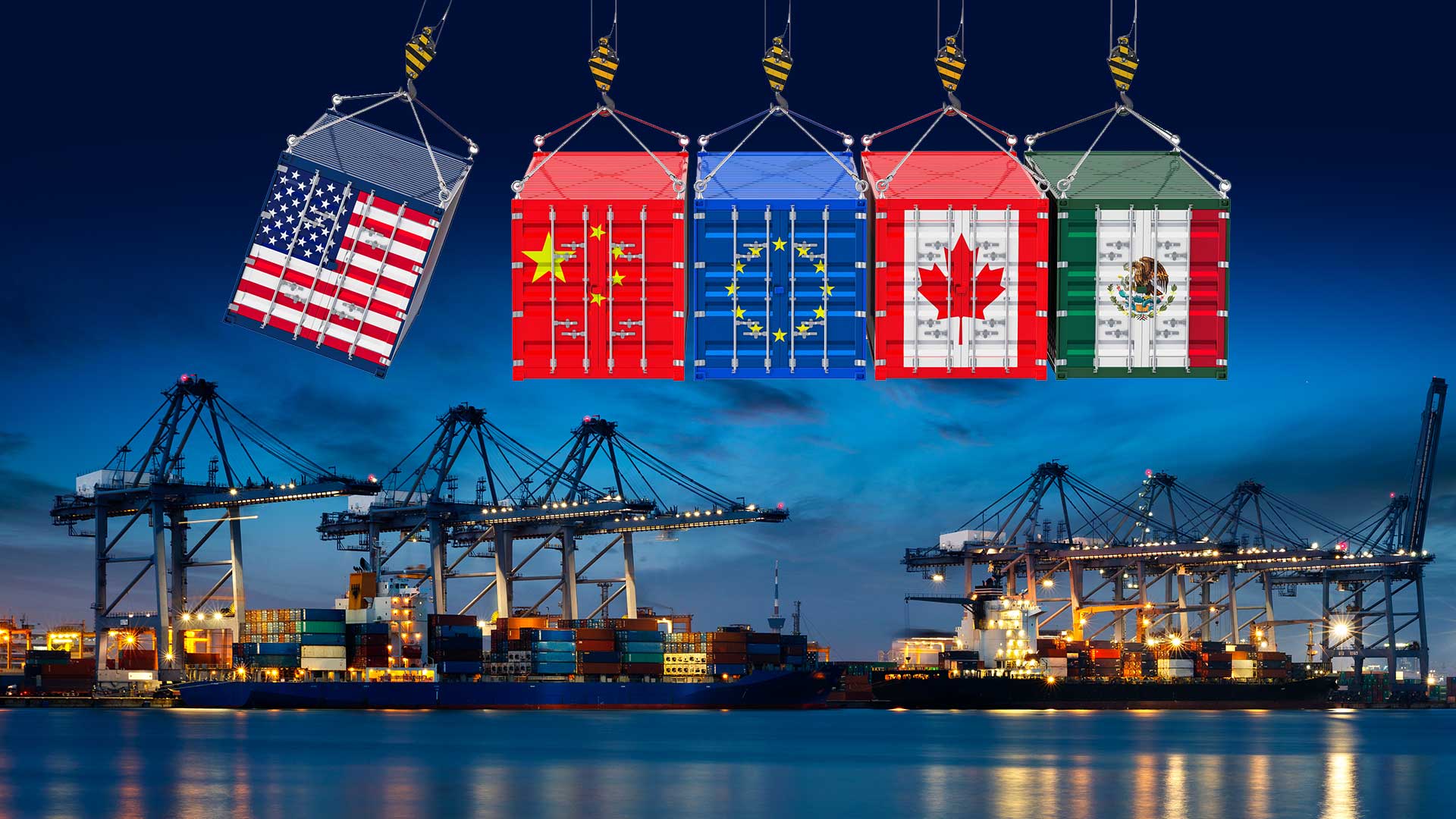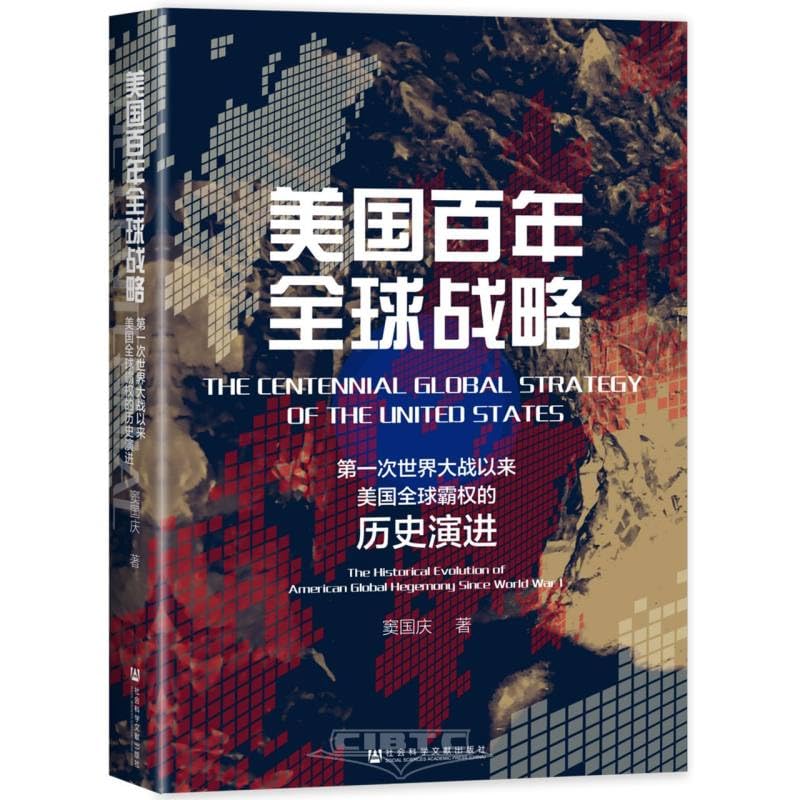Joseph S. Nye, Professor, Harvard University
Dec 27, 2024
Prediction is always difficult, but doubly so in the case of the US president-elect. Donald Trump not only speaks loosely and changes his positions often; he al
Chen Jimin, Guest Researcher, Center for Peace and Development Studies, China Association for International Friendly Contact
Dec 24, 2024
Despite his unpredictability, Donald Trump seems committed to the current strategic trajectory. But China has gained a deeper understanding and accumulated significant experience. It will likely approach America’s Indo-Pacific Strategy with greater confidence and composure in Trump’s second term.
Ted Galen Carpenter, Senior Fellow, Randolph Bourne Institute
Dec 20, 2024
Former Taiwanese President Tsai Ing-wen’s call for the U.S. to prioritize aid to Ukraine over Taiwan drew scrutiny, especially given rising cross-Strait tensions. While Tsai’s stance may momentarily shift Trump’s administration's attention in East Asia, it risks undermining his likely focus on ending the costly Ukraine conflict and confronting China more aggressively, with Taiwan as a key flashpoint.

Zhou Xiaoming, Former Deputy Permanent Representative of China’s Mission to the UN Office in Geneva
Dec 13, 2024
BRICS countries, with a combined GDP approximately 1.5 times that of the United States, can be expected to retaliate against promised U.S. tariffs. These countries — many of which are major traders with China — are likely to make Donald Trump regret his bellicose bullying.

Ted Galen Carpenter, Senior Fellow, Randolph Bourne Institute
Nov 08, 2024
It’s likely that Washington’s sterile China policy will persist regardless of which candidate wins the U.S. presidential elections, a situation that could be detrimental for the entire global community.
Zhang Wenzong, Associate Research Fellow, CICIR
Sep 27, 2024
It’s unlikely that conservatism will regain the influence it once had — during the Reagan era, for example. A pivotal issue is whether traditional mainstream conservatism could merge with populist conservatism and national conservatism, and then make a comeback.
Zhang Wenzong, Associate Research Fellow, CICIR
Sep 11, 2024
In the run-up to the 2024 election, we can see how domestic politics bring changes to U.S. foreign policy. Interest groups in crucial swing states will play an outsize role in U.S. policy formulation, and their influence will extend beyond their actual voting power.
Fu Suixin, Assistant Researcher at Institute of American Studies, Chinese Academy of Social Sciences
Sep 11, 2024
If Vice President Kamala Harris is elected president in November, she will confront a range of severe challenges, including extremism, a Congress likely to be controlled by Republicans, a debt-ridden government, the decline of U.S. power and ongoing international conflicts. Change won’t come easy.
Joseph S. Nye, Professor, Harvard University
Sep 06, 2024
As the US presidential election draws near, many are wondering what it will mean for American foreign policy. The answer is wrapped in uncertainty.

Dou Guoqing, Colonel of the People’s Liberation Army and Postdoctorate Researcher at PLA National Defense University
Jun 18, 2024
The United States has been the biggest beneficiary of changes in the international order over the past century. Four key factors have contributed to its current hegemony.
Back to Top

- China-US Focus builds trust and understanding between the U.S. and China through open dialogue among thought leaders.
- Our Offerings
- Topics
- Videos
- Podcasts
- Columnists
- Research Reports
- Focus Digest
- Stay Connected
-
Thanks for signing up!
- Get the latest stories from China-US Focus weekly.